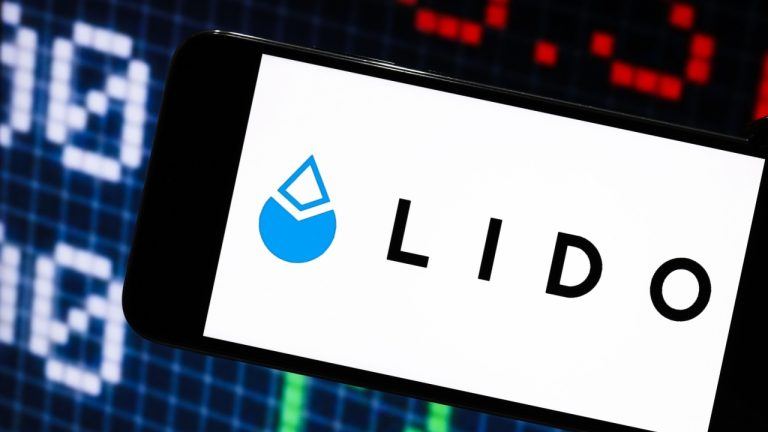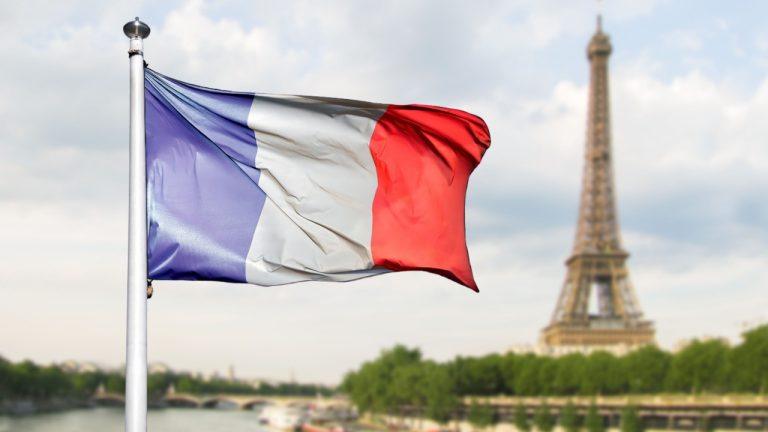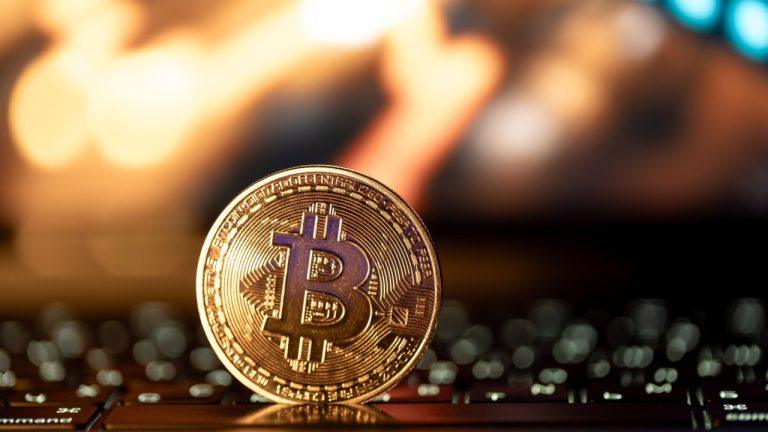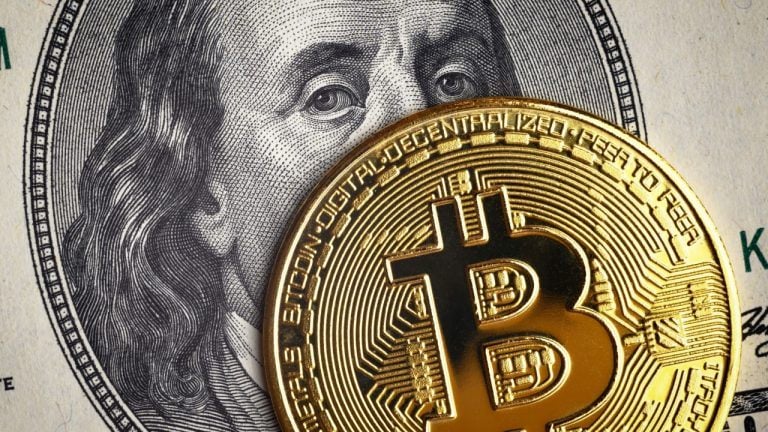
Putin signs crypto mining law advancing Russia’s bid to ‘seize the moment’ in digital assets
Key Takeaways
- The new Russian law categorizes crypto mining as economic turnover.
- Registered Russian entities and entrepreneurs can legally mine; individuals can mine within set energy limits.
Share this article
Russian President Vladimir Putin has signed a new law advancing crypto mining regulations, marking a significant step in Russia’s efforts to capitalize on the digital asset economy.
The law, reported by Russian news agency TASS, builds upon recent legislation passed by Russia’s lower house of the Federal Assembly, known as the State Duma. It further defines and regulates key concepts including digital currency mining, mining pools, and mining infrastructure operators.
Under the new regulations, only Russian legal entities and individual entrepreneurs registered with the government will have the right to engage in large-scale crypto mining operations. However, individuals who do not exceed energy consumption limits set by the Russian government can mine digital currency without registration.
President Putin recently stressed the need to promptly create a legal framework and regulation for cryptocurrencies, develop infrastructure, and establish conditions for the circulation of digital assets. This law appears to be a direct response to that call, positioning Russia to potentially become a significant player in the global crypto market.
The Bank of Russia has been granted authority to ban individual crypto issues if it identifies a threat to the country’s financial stability. The law also permits foreign digital financial assets to be traded on Russian blockchain platforms, potentially expanding the country’s role in international crypto transactions.
This legislative move follows last year’s signing of the digital ruble bill, which allowed Russia’s central bank to issue its own digital currency. Together, these actions suggest a comprehensive strategy by the Russian government to engage with and regulate various forms of digital currency.
The law is set to take effect ten days after its official publication, with some provisions potentially having different implementation dates.
As countries worldwide continue to grapple with regulating the rapidly evolving crypto sector, Russia’s approach to balancing innovation with financial stability will be closely watched by international observers and market participants alike.
Share this article
Go to Source
Author: Diego Almada Lopez









